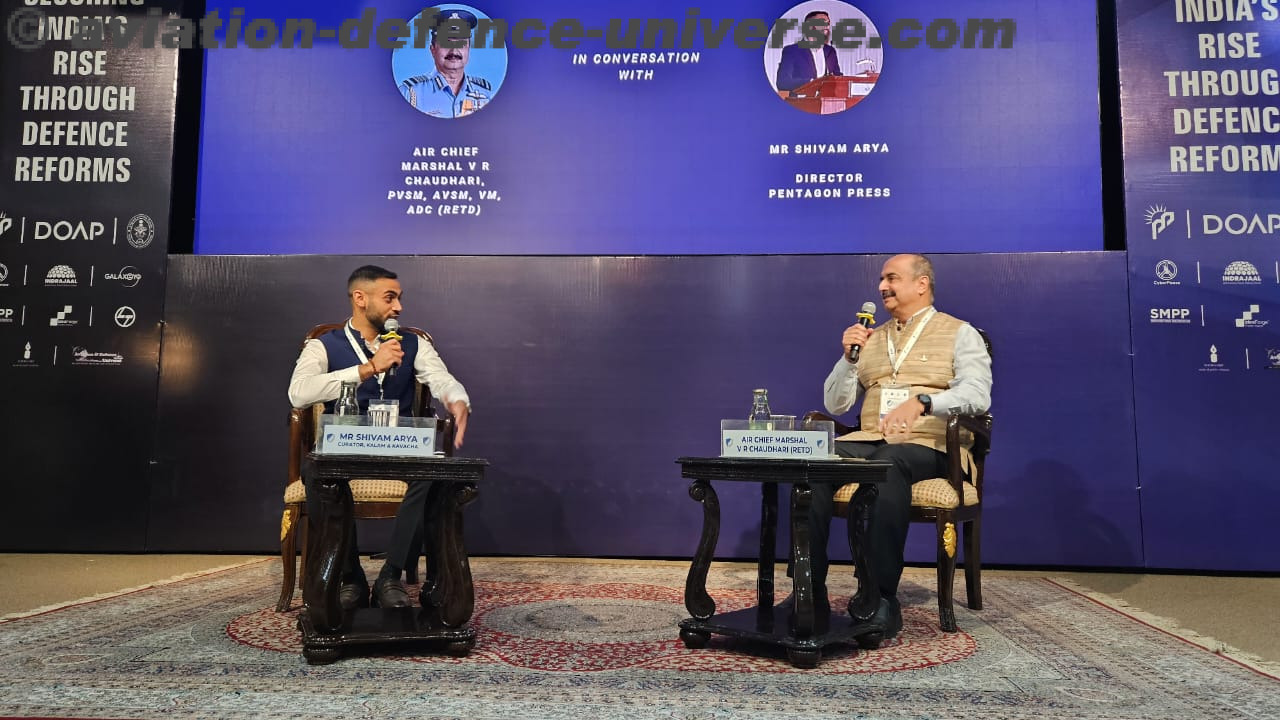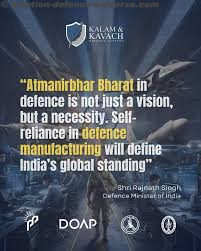One of the most important facets of a nation’s governance is its national security, and in India, the National Security Advisor (NSA) is in charge of developing security policies and intelligence plans.
The NSA serves as the prime minister’s primary advisor on strategic matters and national security, and it is crucial to international diplomacy, defense planning, intelligence coordination, and counterterrorism. India has had five NSAs since the post was established in 1998, and each has made a substantial contribution to the defense and security of the nation.
This Article talks about their contributions, roles, and effects on the security environment in India.
What Does the National Security Advisor (NSA) Do?
The NSA leads the National Security Council (NSC) and serves as the Prime Minister’s primary advisor on national security issues. Deep knowledge of military strategy, diplomacy, crisis management, and intelligence is required for the position.
The following are the main duties of an NSA:
Chief Security Advisor to the Prime Minister: The prime minister’s chief security advisor The NSA makes sure the government is ready for new threats by offering vital insights on both domestic and global security.
Head of the National Security Council (NSC): The NSA is the primary decision-maker for the NSC, which is India’s highest strategic affairs advisory body.
Intelligence Coordinator: To guarantee a cohesive security approach, the NSA links intelligence organizations such as the defense forces, the Intelligence Bureau, and RAW (Research and Analysis Wing).
Crisis Manager: The NSA is essential in developing India’s response to significant security crises such as cyberthreats, border disputes, or terrorist attacks.
Diplomatic Representative: The NSA frequently speaks on behalf of India in important diplomatic encounters, particularly those pertaining to security, with nations such as China, Pakistan, the US, and Russia.
Now that we understand the importance of the NSA role, let’s look at the individuals who have held this prestigious position.
List of National Security Advisors of India
India has had five NSAs since 1998, and each has influenced the nation’s security strategies in a unique way.
Brajesh Mishra (1998–2004)
- India’s first NSA
- Worked under Atal Bihari Vajpayee, the prime minister.
- Main Contributions: Oversaw India’s nuclear policy following the Pokhran-II tests and security during the Kargil War (1999).
India’s first NSA, Brajesh Mishra, was instrumental in establishing the significance of the role. He was one of the most influential people in the Vajpayee government since he served as the Prime Minister’s Principal Secretary. Strengthening national security was made possible by his leadership during the Kargil War and his contribution to the development of India’s nuclear doctrine.
J.N. Dixit (2004–2005)
- Former Indian Foreign Secretary
- Worked under Manmohan Singh, the prime minister.
- Main Contributions: strengthened ties between the United States and Pakistan
Before joining the NSA, J.N. Dixit had a lengthy career in Indian diplomacy. He was a significant figure in Indo-Pak and Indo-US relations due to his foreign policy expertise. Sadly, he died in 2005, so his tenure was brief, but he made a substantial contribution to mending diplomatic rifts between India and its neighbours.
M.K. Narayanan (2005–2010)
- Former Director of the Intelligence Bureau (IB)
- Worked under Manmohan Singh, the prime minister.
- Main Contributions: played a crucial part in internal security policies and reinforced counterterrorism measures.
M.K. Narayanan brought to the NSA position the accuracy of an intelligence officer. He played a significant role in both national security planning and counterterrorism operations. Intelligence coordination was given more importance during his administration, especially after the 2008 Mumbai terrorist attacks, which prompted a number of changes to internal security policies.
Shivshankar Menon (2010 – 2014)
- Former Indian Foreign Secretary
- Worked under Manmohan Singh, the prime minister.
- Main Contributions: managed India-China border relations and was a key player in the India-US Nuclear Deal.
An experienced diplomat with knowledge of international relations was Shivshankar Menon. Significant progress was made in India’s nuclear policy during his time as NSA, particularly in the completion of the India-US Civil Nuclear Agreement. While retaining a strong position on border security, he also played a significant part in reducing tensions with China.
Ajit Doval (2014–present)
- Former Intelligence Bureau (IB) Director
- Under Prime Minister Narendra Modi’s leadership
- Main contributions include managing India-China border disputes, the Balakot airstrikes in 2019, and surgical strikes against Pakistan in 2016.
One of the most well-known NSAs in Indian history is Ajit Doval. He is known for his strategic thinking and quick decisions, having served as an undercover intelligence officer in the past. He oversaw the 2016 Surgical Strikes and the 2019 Balakot airstrikes, which fundamentally altered India’s strategy against terrorism. Additionally, he has taken the lead in resolving India’s border disputes with China.
Doval is one of the most important people in India’s security establishment because of his practical approach and extensive intelligence experience.
How is the NSA Appointed?
The NSA is not elected or selected through an open selection process, in contrast to certain prominent government positions. Rather, the Prime Minister leads the Appointments Committee of the Cabinet (ACC), which chooses the NSA based on qualifications and experience.
NSAs are usually chosen from:
- Intelligence agencies (RAW, IB)
- Foreign diplomatic services (former Foreign Secretaries)
- Military and strategic affairs specialists
There is no fixed tenure for an NSA, meaning they serve as long as they have the Prime Minister’s trust.
Why is the NSA Crucial for India’s Security?
In a world where security threats are ever-changing, the NSA is essential to India’s safety. The NSA makes sure that India stays proactive rather than reactive in the face of border conflicts, cyberwarfare, terrorism, and geopolitical upheavals, all of which call for strong leadership.
From military plans to intelligence operations, from diplomatic discussions to counterterrorism preparations, the NSA is in charge of developing and carrying out policies that protect the country. Every significant security decision India makes is influenced by their work, which is frequently overlooked.
In conclusion
One of the most important positions in the Indian government is that of National Security Advisor (NSA). Since its establishment in 1998, some of the most brilliant minds in military strategy, intelligence, and diplomacy have occupied the role. Each NSA has contributed significantly to the development of India’s security environment, from the diplomatic skills of Brajesh Mishra to the tactical genius of Ajit Doval.
The NSA’s role will keep changing as the world’s security issues become more complicated. There is no doubt that some of the most skilled and knowledgeable strategists in India are in charge of the nation’s security.
Frequently Asked Questions (FAQs)
Who is the National Security Advisor of India in 2024?
Ajit Doval is India’s National Security Advisor (NSA) as of 2024. Under Prime Minister Narendra Modi, he has been in this role since 2014.
Who are the 5 National Security Advisors of India?
India has had five National Security Advisors since the position was created in 1998:
- Brajesh Mishra (1998–2004)
- J.N. Dixit (2004–2005)
- M.K. Narayanan (2005–2010)
- Shivshankar Menon (2010–2014)
- Ajit Doval (2014–Present)
How many National Security Advisors are there in India?
India has had five different NSAs since the position was created in 1998. But the position is held by only one person at a time.
Who was the first NSA of India?
India’s first National Security Advisor was Brajesh Mishra. He worked under Prime Minister Atal Bihari Vajpayee from 1998 to 2004 and was instrumental in forming India’s national security framework and nuclear policy.




























































































































